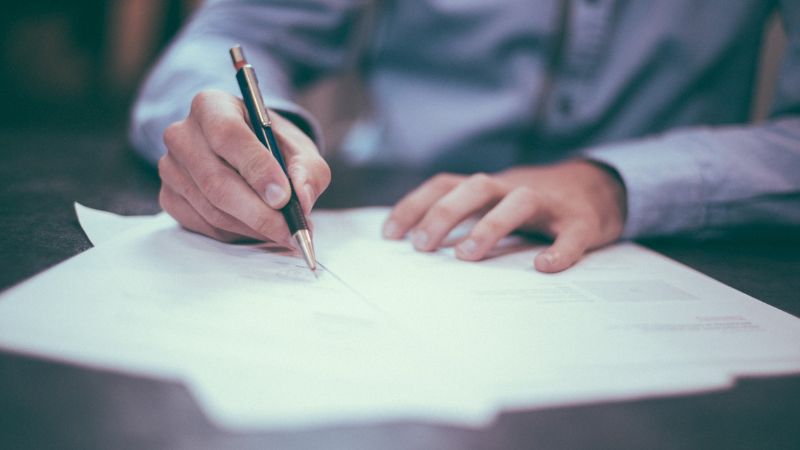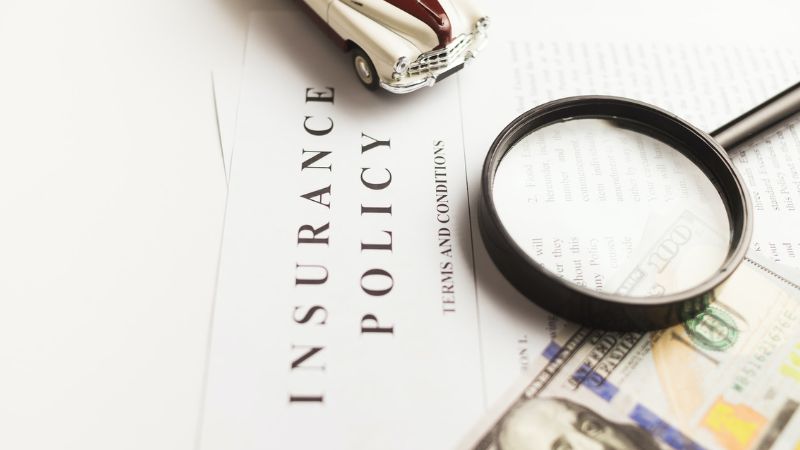You’ve just been in a car accident. Your heart’s racing and a million thoughts are whirling through your head.
- Will my insurance cover this?
- Is everyone okay?
- What do I do now?
Don’t worry; we’ve got you covered. Knowing what to do, and what not to do, right after a car accident can make a big difference in how much you get from your insurance claim. Keep reading to find your roadmap to maximizing your claim, step-by-step.

Act Fast, but Stay Calm
The seconds following a car accident can feel like a whirlwind, and it’s completely natural for your adrenaline to spike. However, staying calm is more than just good advice; it’s actually vital for maximizing your insurance claim.
Take a couple of deep breaths to steady yourself, especially if you are in a busy metropolis like New York. This calm mindset helps you think clearly, which, according to experts like a NYC car accident lawyer, is crucial when you’re collecting information for your claim. Rushed or emotional decisions could backfire later, affecting everything from police reports to insurance evaluations.
Safety First
Now that you’ve steadied your nerves, it’s time to focus on safety:
- For you
- Your passengers
- Other drivers
If it’s possible and safe to do so, steer your car out of the flow of traffic. Move to the shoulder of the road or into a nearby parking lot, and switch on your hazard lights. This not only makes the situation safer for everyone but also helps avoid any additional collisions.
Next, check for injuries. If someone is hurt, even if it seems minor, call 911 immediately. The health of everyone involved is the top priority, and timely medical attention can also provide valuable records for your insurance claim later on.
Document, Document, Document
Alright, so you’re safe and you’ve calmed down a bit. Now it’s time to play detective. You’ll want to document the scene as thoroughly as possible, as this information can be invaluable when you’re dealing with insurance companies later.
Start by snapping photos of the vehicles involved from multiple angles. Capture the damage, the position of the cars, the road conditions, and even the weather. Don’t forget to photograph any street signs or traffic signals nearby.
Next, exchange insurance and contact information with the other driver. Get their name, address, driver’s license number, and insurance details. This is the basic info you’ll need to initiate your claim.
But don’t stop there! Try to jot down some notes about the accident. What happened? How did it happen? Your memory will be freshest right now, so capturing these details can be critical when you need to recall the events later.

Witnesses: Your Unseen Allies
So you’ve got your own side of the story, but guess what? Other people who saw the accident can add valuable weight to your claim. Witnesses can provide an unbiased perspective on how the crash happened, so don’t be shy. Ask around. Approach any bystanders who were present and politely ask if they’d be willing to provide a statement.
Make sure you get their contact information:
- Names
- Phone numbers
- Email addresses if possible
Their accounts could be key in resolving any disputes and can add credibility to your case. This isn’t just a word-against-word scenario; witness statements can tip the scales in your favor when negotiating with insurance companies.
Contact Your Insurance, but Be Careful What You Say
Now it’s time to loop in your insurance company. This is a crucial step, but tread carefully. What you say can have a big impact on your claim.
It’s important to report the accident promptly; most insurance companies have a 24-hour hotline for this very reason. Provide the basic facts of the accident, but steer clear of making any admissions of fault or offering more details than are requested.
Here’s a pro tip: Before you make that call, review the notes and photos you’ve taken. You could also speak with your attorney to go over an action plan. This will help you stay consistent and accurate in your description of events.
Keep in mind that insurance adjusters are trained to ask questions that may inadvertently cause you to admit fault or downplay your injuries, both of which can lower the amount you might receive. So be straightforward, but cautious in your responses.
Seek Medical Attention, Even if You Feel Fine
You might be thinking you walked away without a scratch. But hold on a second; some injuries aren’t immediately obvious. Conditions like whiplash or internal injuries can take time to show symptoms. That’s why it’s crucial to seek medical attention as soon as possible, even if you think you’re okay.
Getting a medical evaluation creates a record of your condition immediately following the accident. This can be a game-changer when it comes to your claim.
Insurance companies are less likely to challenge your injuries if there’s medical documentation supporting your case. So don’t skip that doctor visit; your health, and your claim, may depend on it.
Stay Off Social Media
In the age of oversharing, it’s tempting to post about your accident on Facebook, Instagram, or Twitter. You might want to update your friends or vent a little, but hold that thought. What you share could actually sabotage your insurance claim.
Insurance companies often scour social media for evidence that could reduce or deny claims. Even a seemingly innocent photo or status could be misinterpreted. For example, a picture of you smiling at a family gathering after the accident might be used to suggest your injuries aren’t as severe as you claim.
Types of Posts to Avoid
- Injury Updates: Even if you’re just sharing to keep friends and family in the loop, avoid posting updates about your medical condition.
- Fault or Blame: Never discuss who was at fault in the accident. This can be used against you later.
- Details about the Accident: Keep specifics about how the accident happened to yourself. Sharing these could inadvertently put you at fault.
- Legal Actions: If you’re considering a lawsuit or are in the middle of one, discussing it publicly can hurt your case.
The best policy? Go on a social media detox while your claim is in process. If you absolutely must share something, consult with your attorney first. Better safe than sorry.
Wrap-Up: Your Roadmap to a Strong Claim
And there you have it, a step-by-step guide to maximizing your insurance claim after a car accident. From keeping a cool head to avoiding social media missteps, each choice you make can either bolster or weaken your claim.
So take the wheel, follow this roadmap, and navigate your way to the claim you deserve.

Robert Anderson is a world class motorhead who rebuilt his first carb at age 10, his first engine at age 15, and completed his first full hotrod build when he was just 18! Previously, he has ran a part warehouse, delivered pizzas, and managed the service department for a $20 million/year revenue dealership. Robert knows cars like few others and he is passionate about sharing his knowledge.
